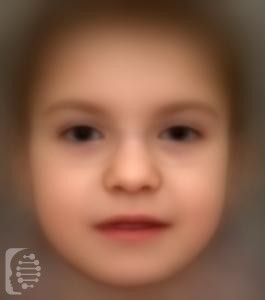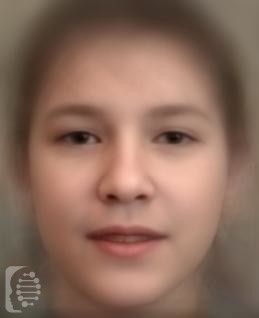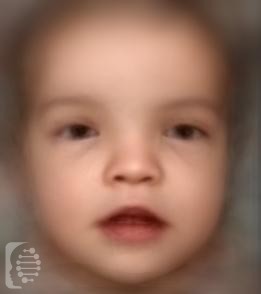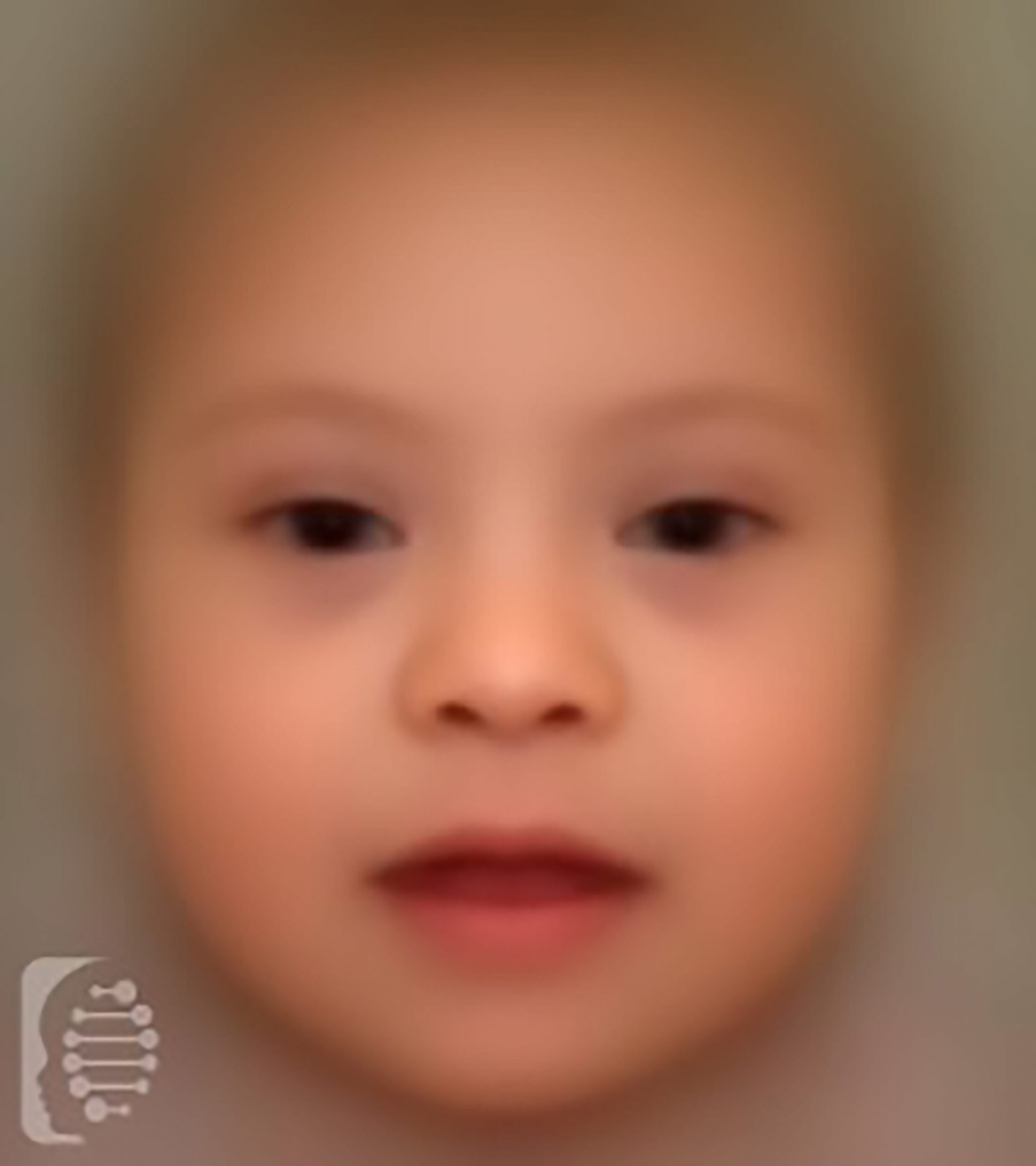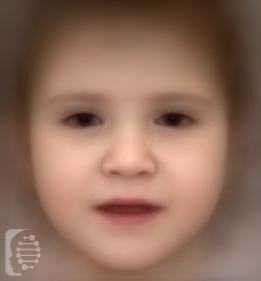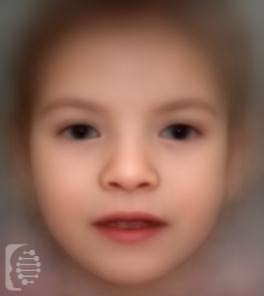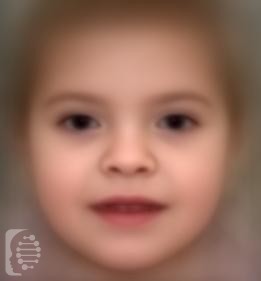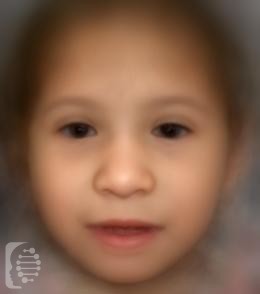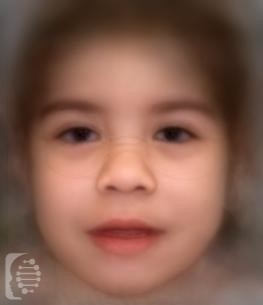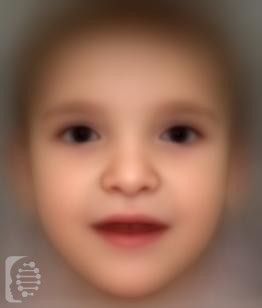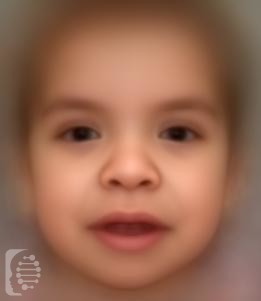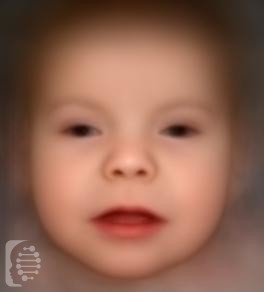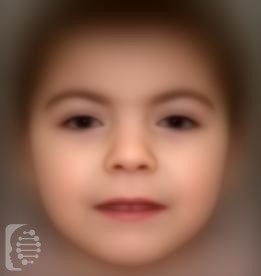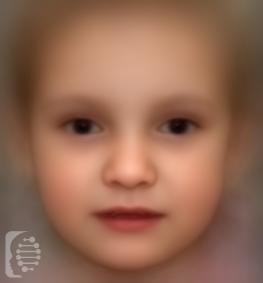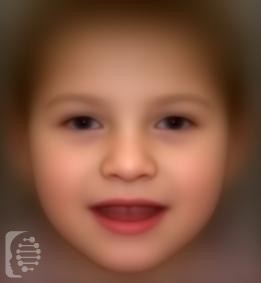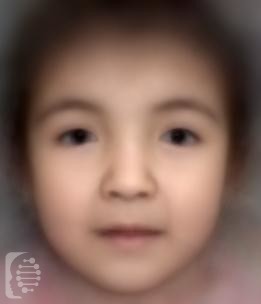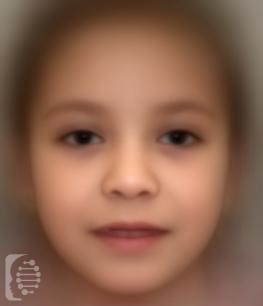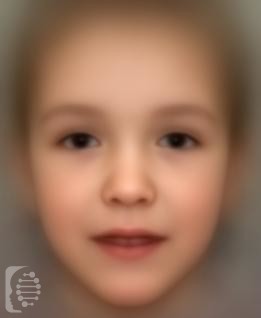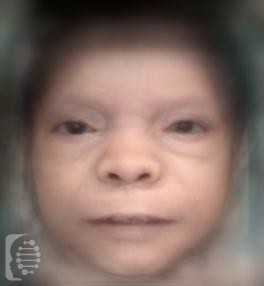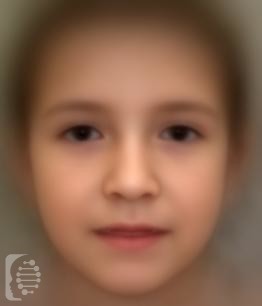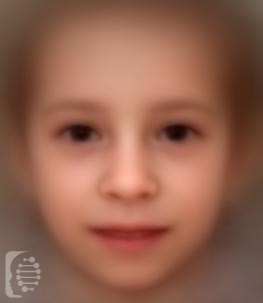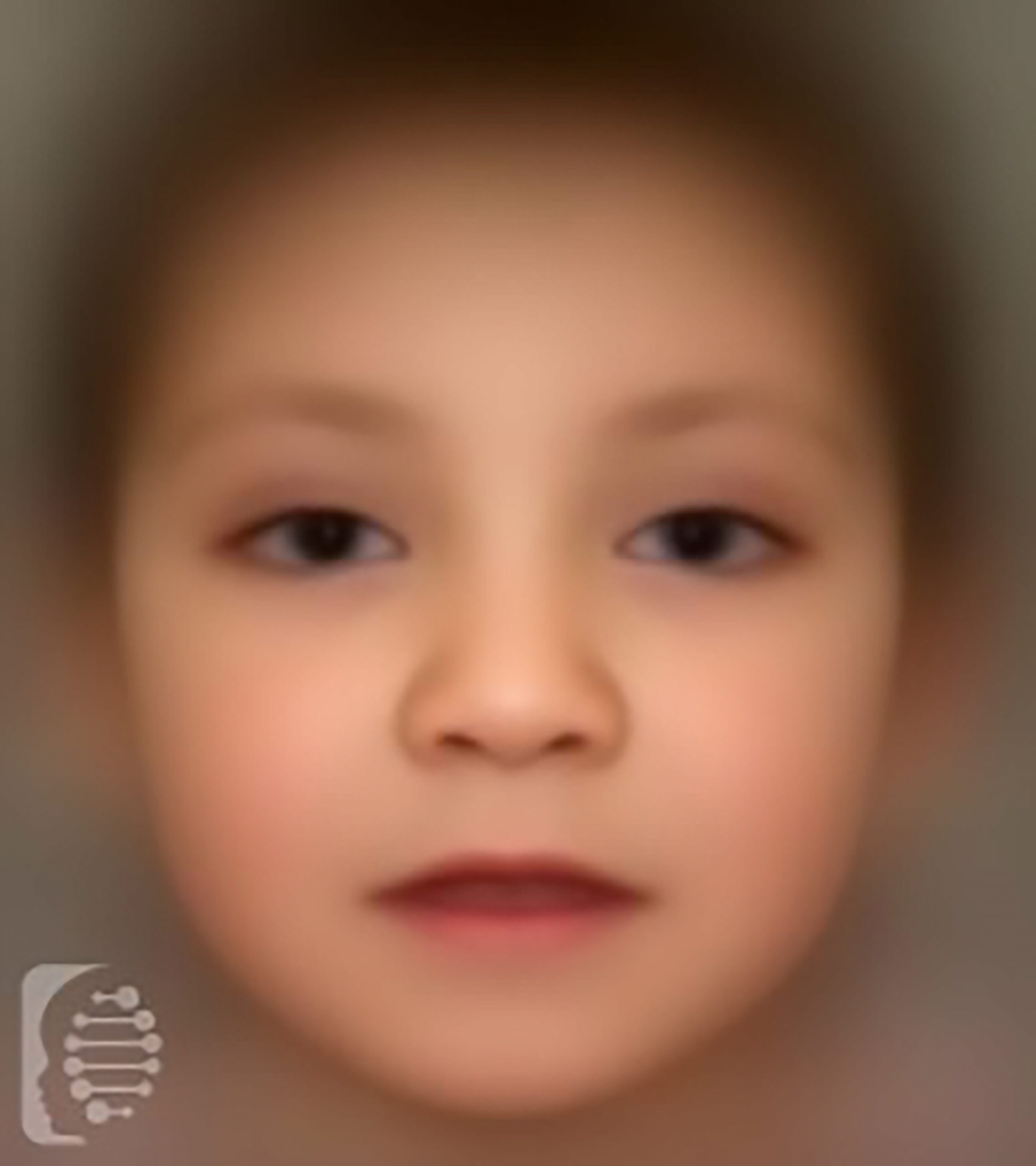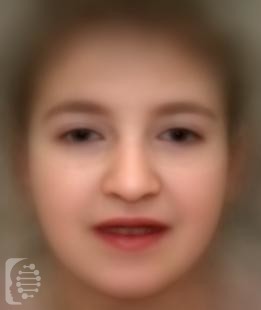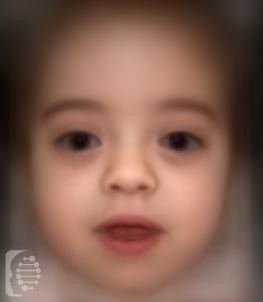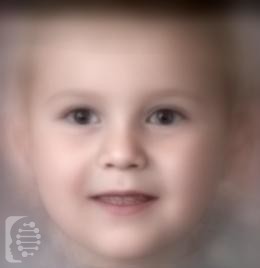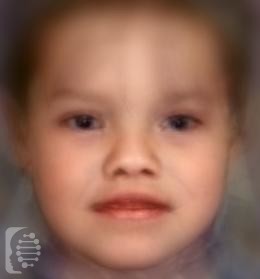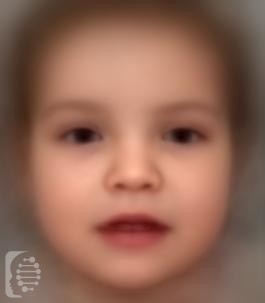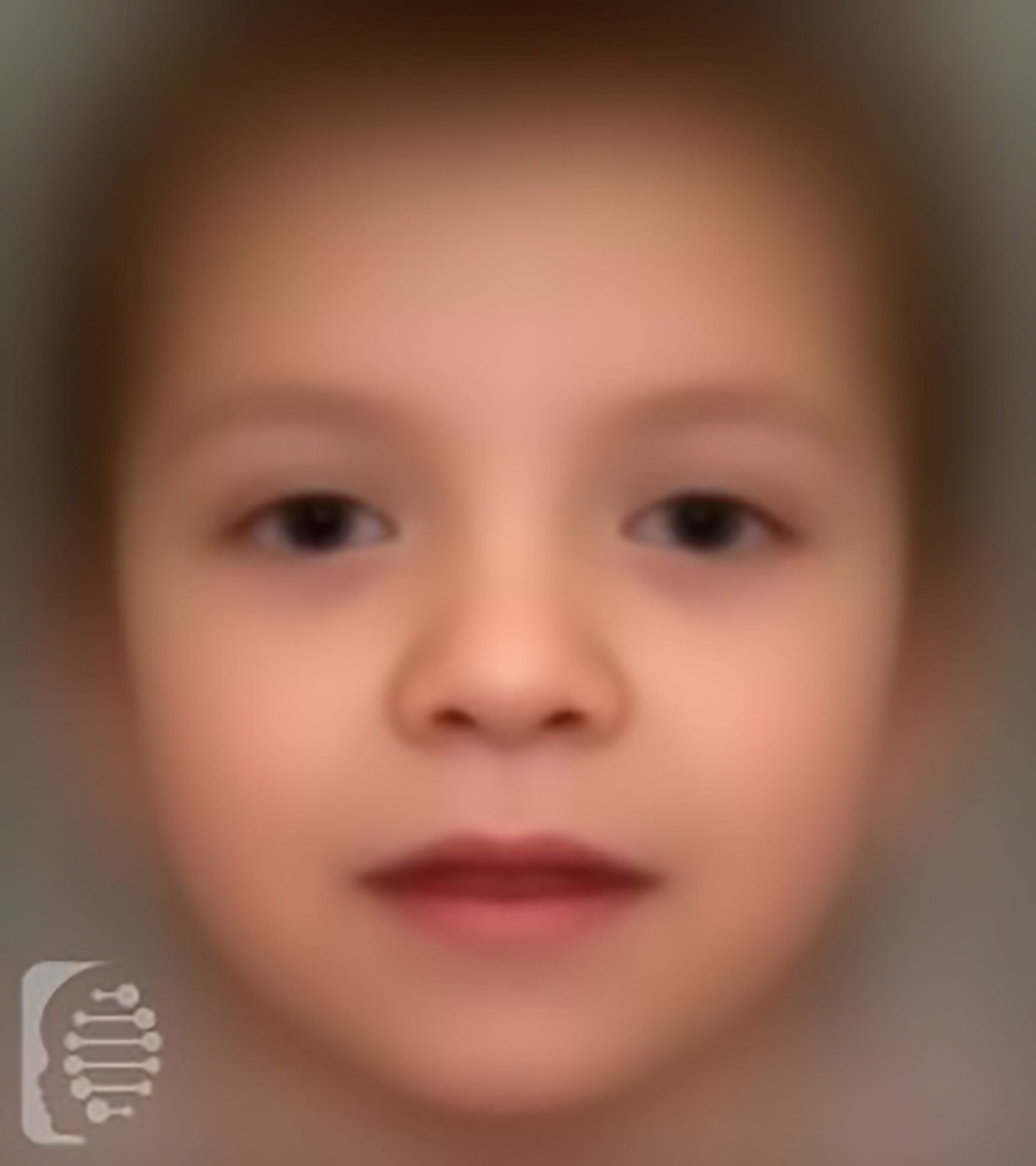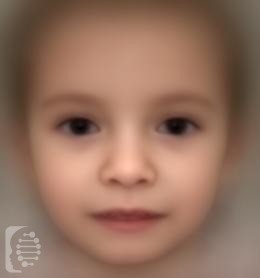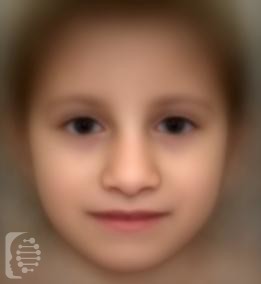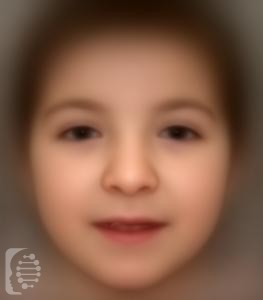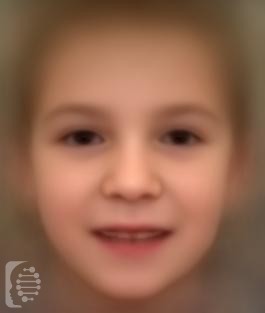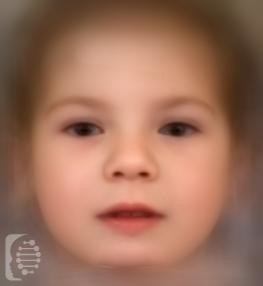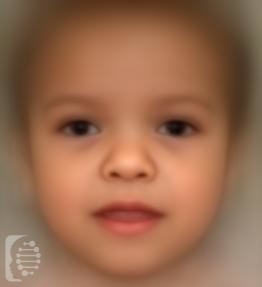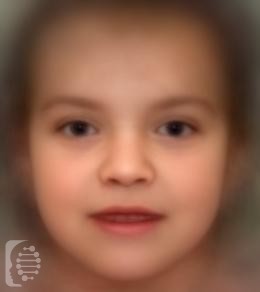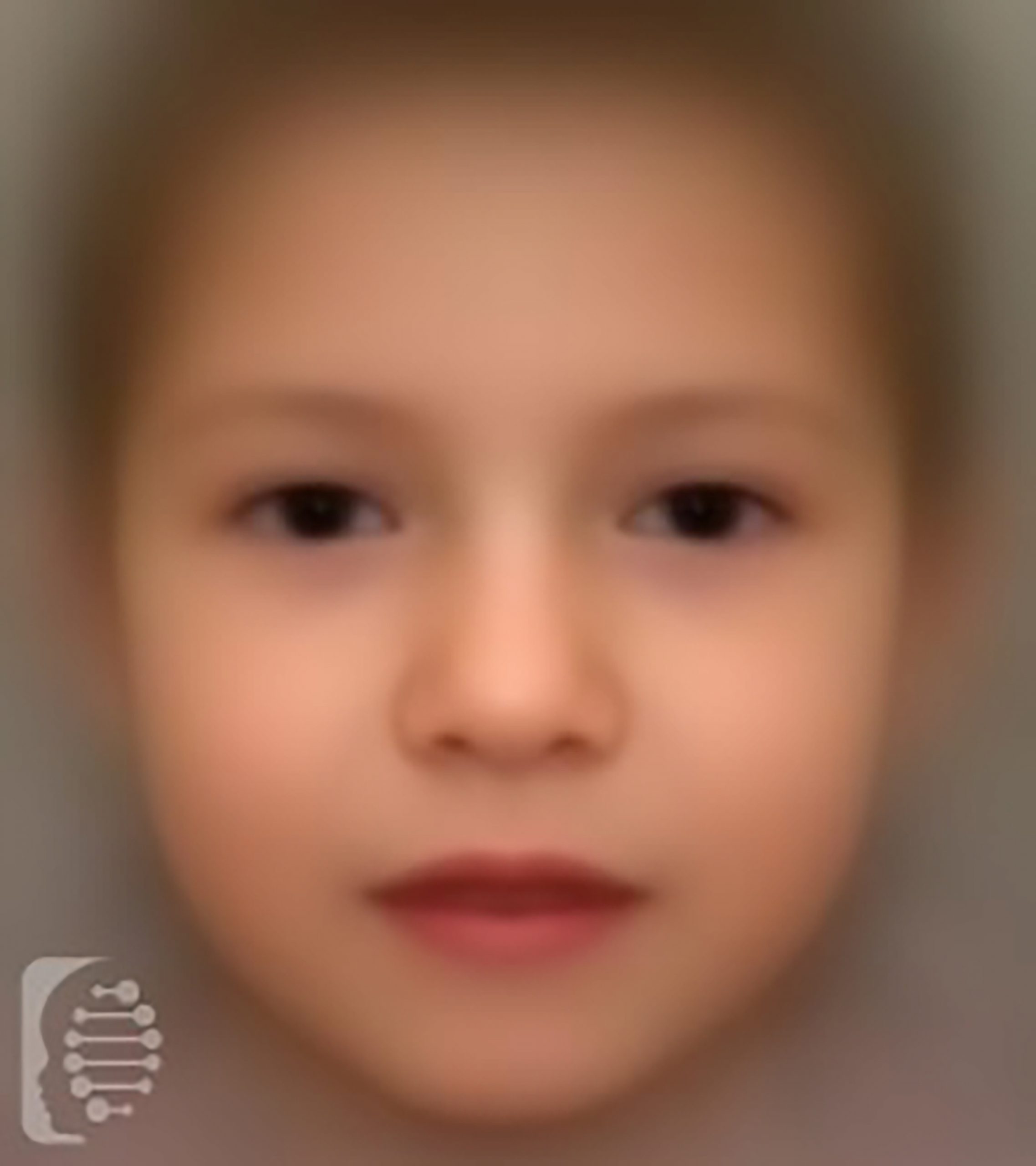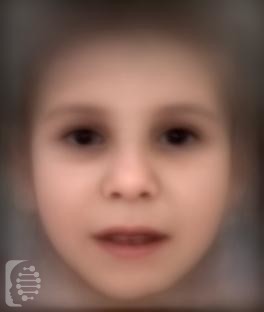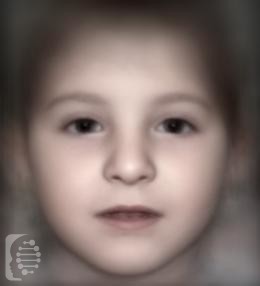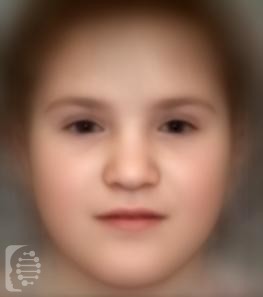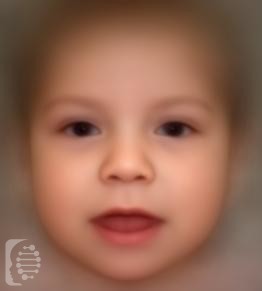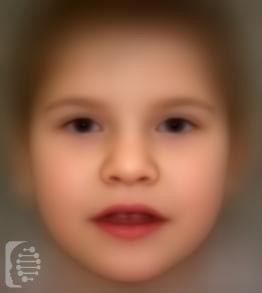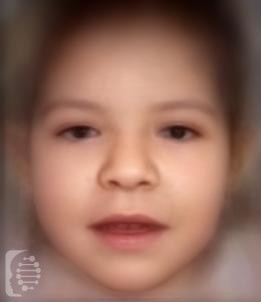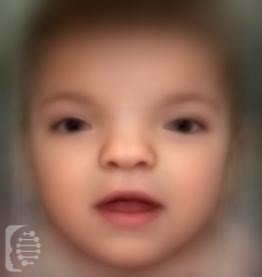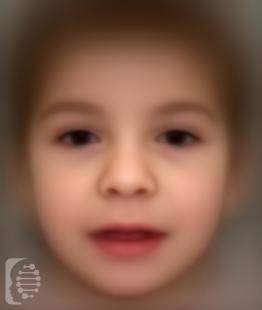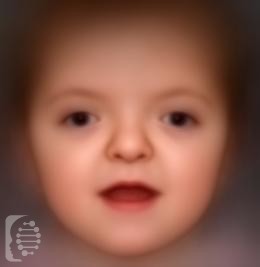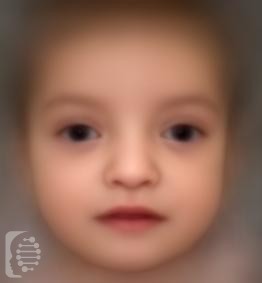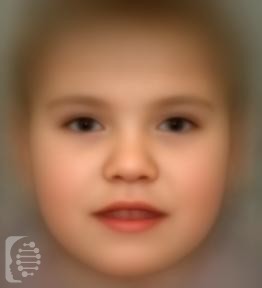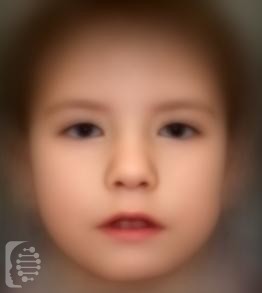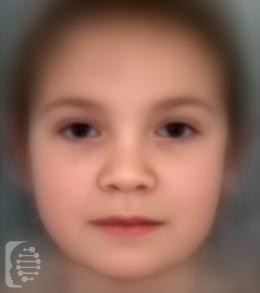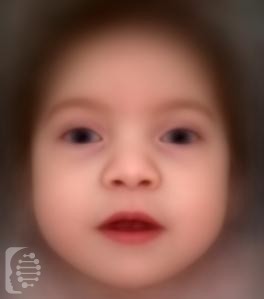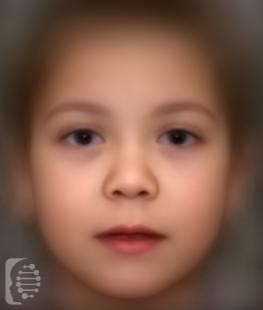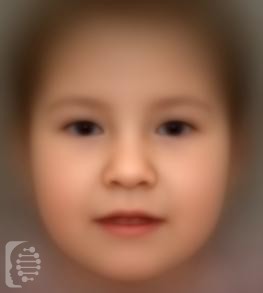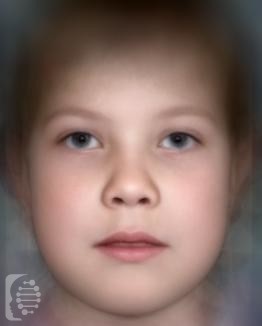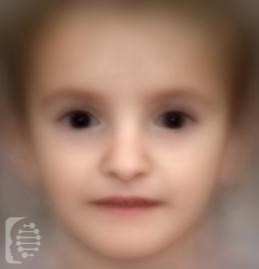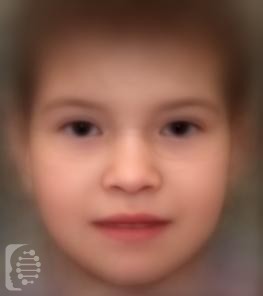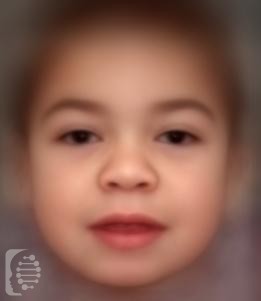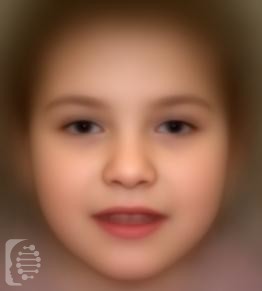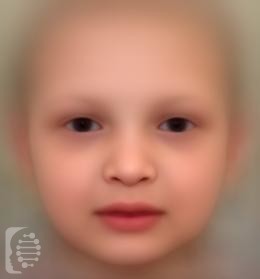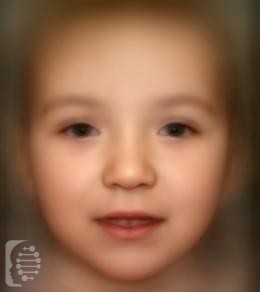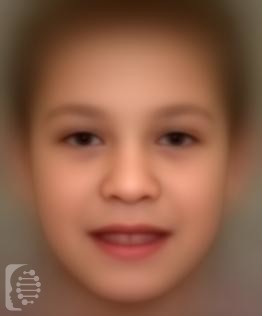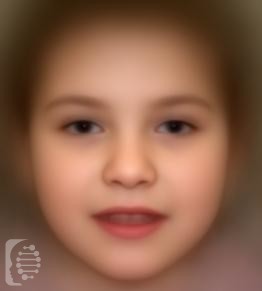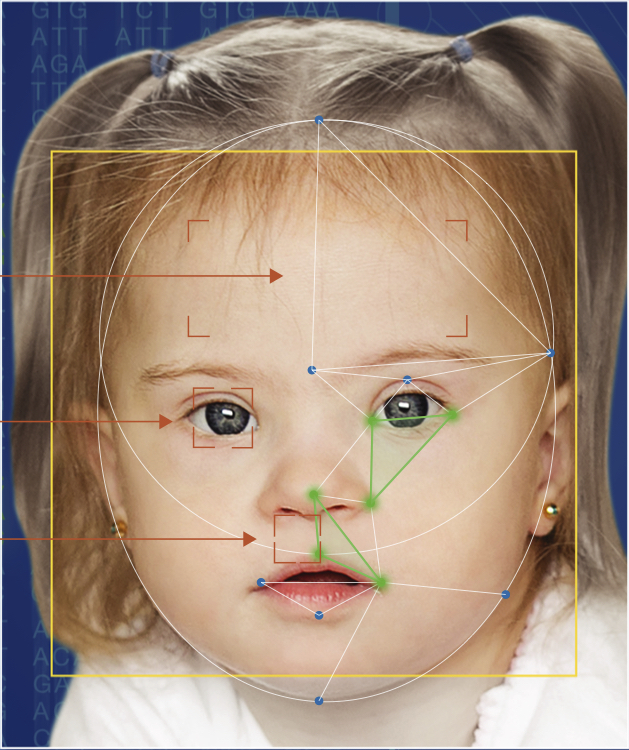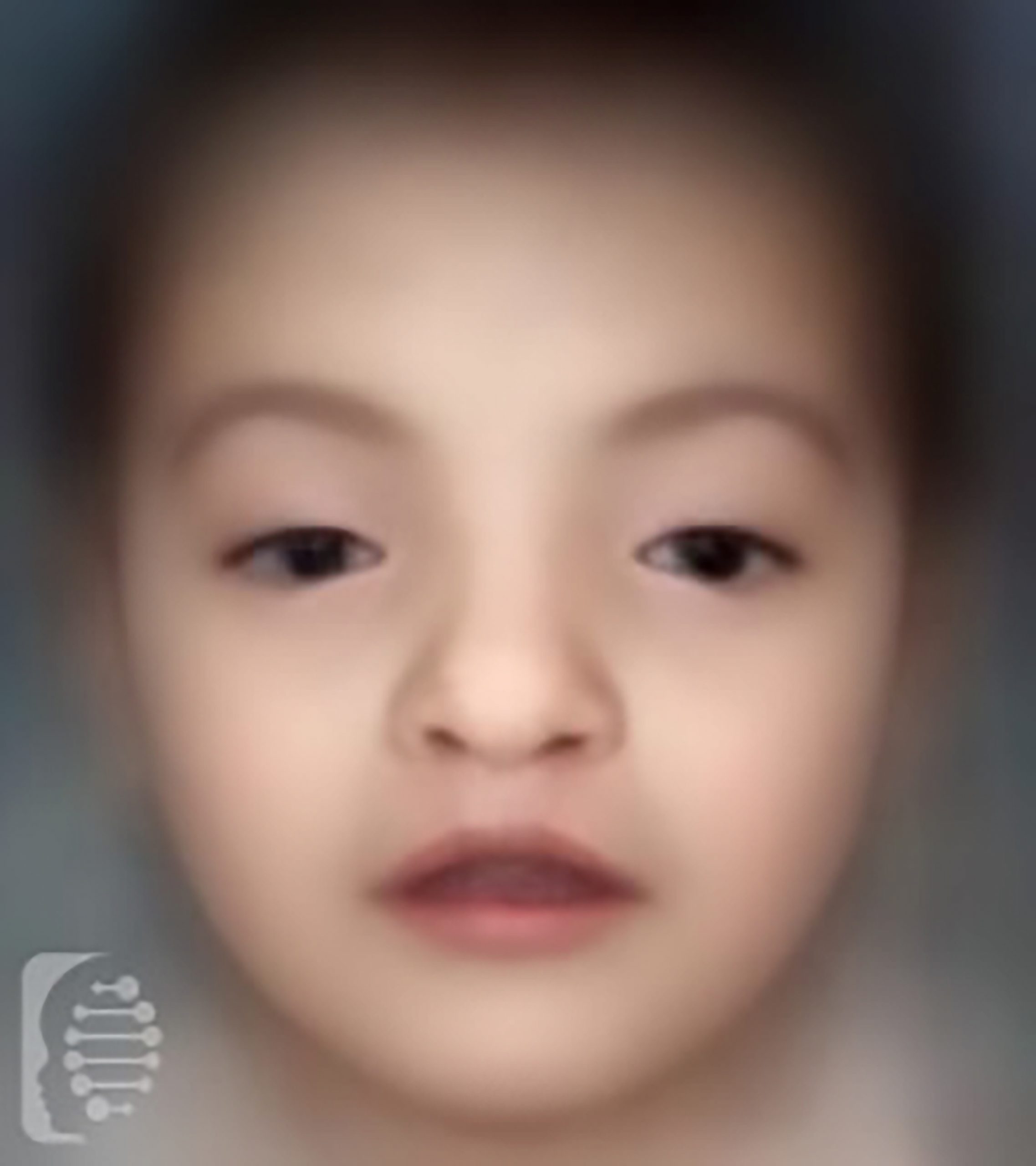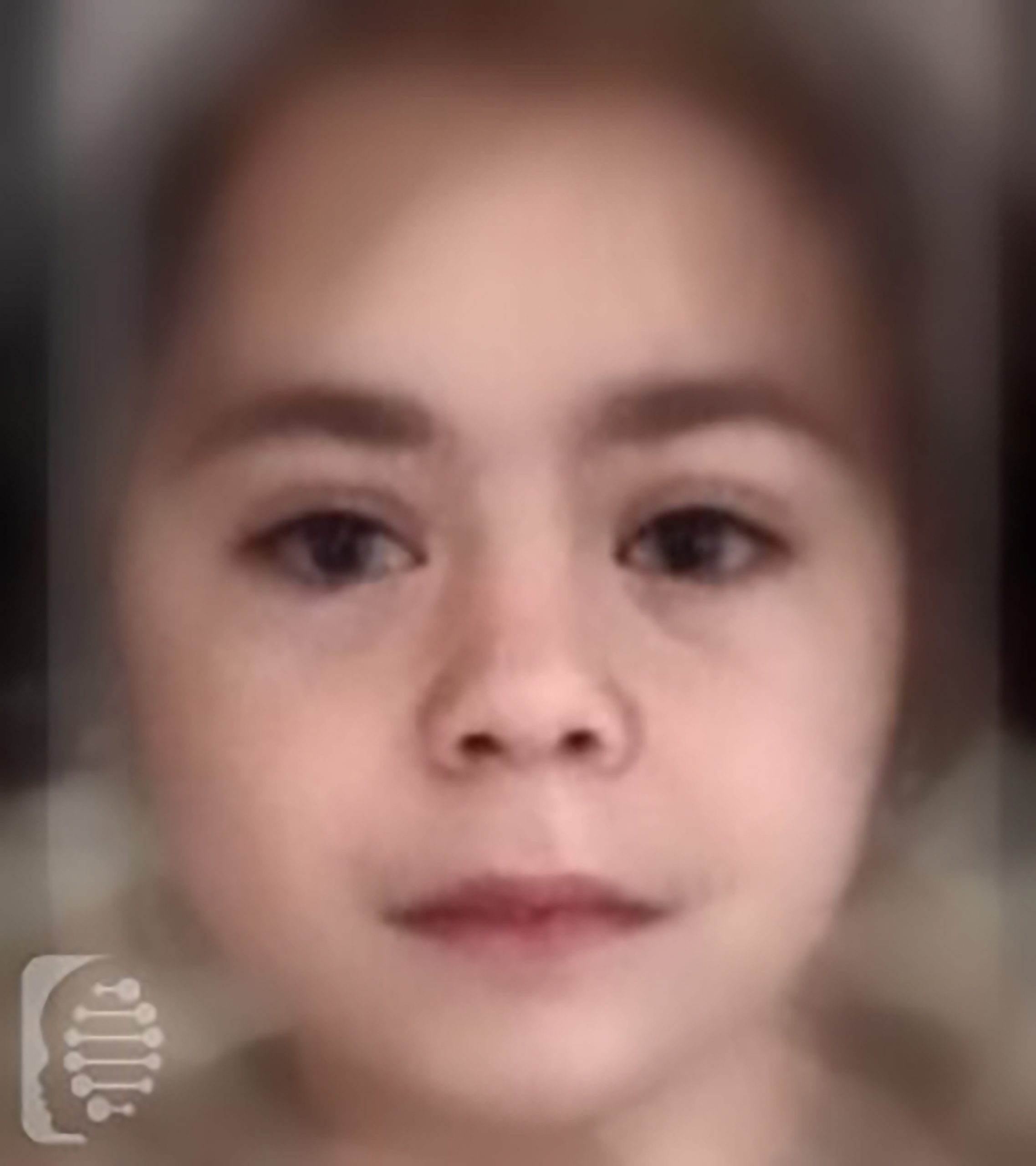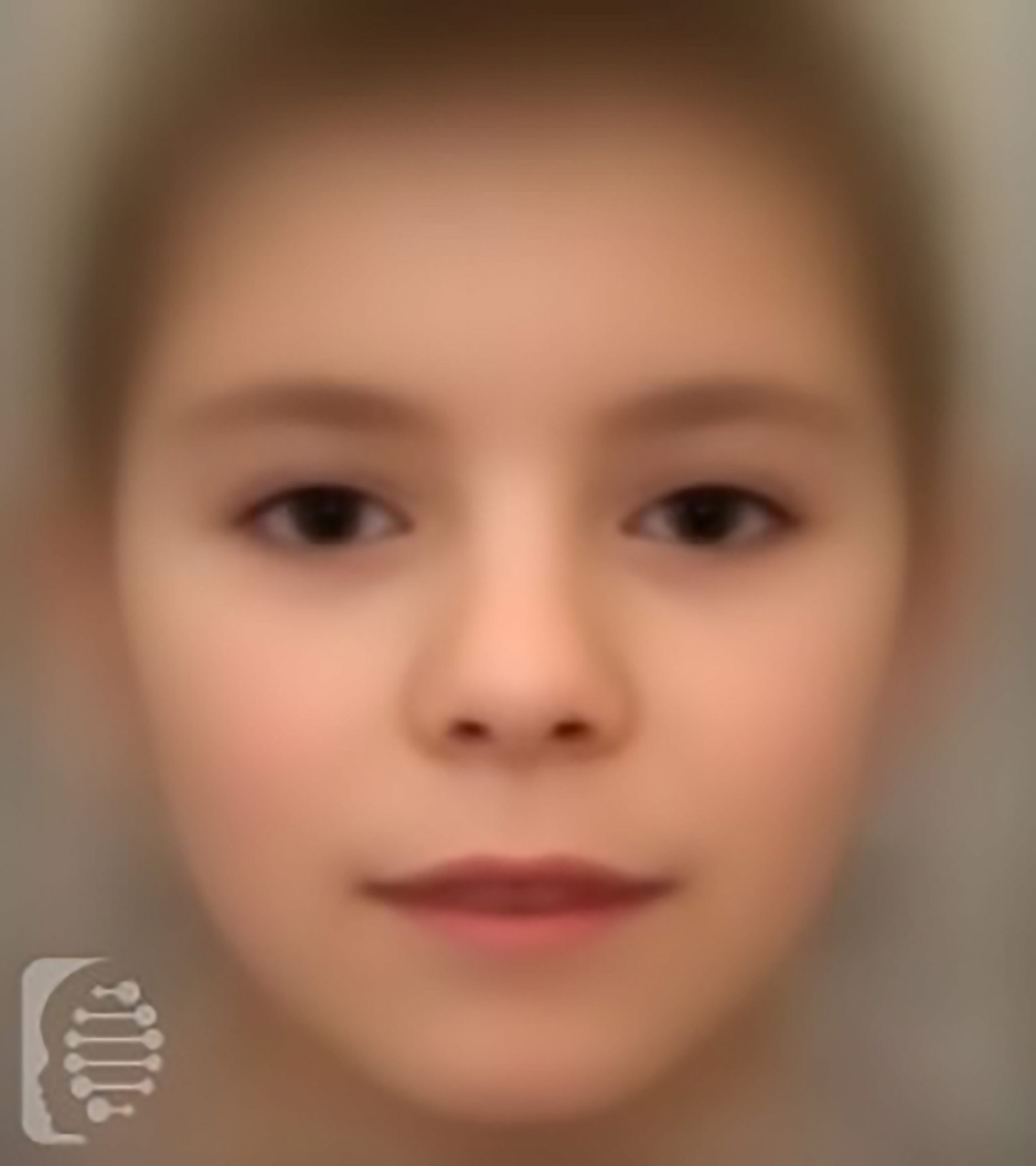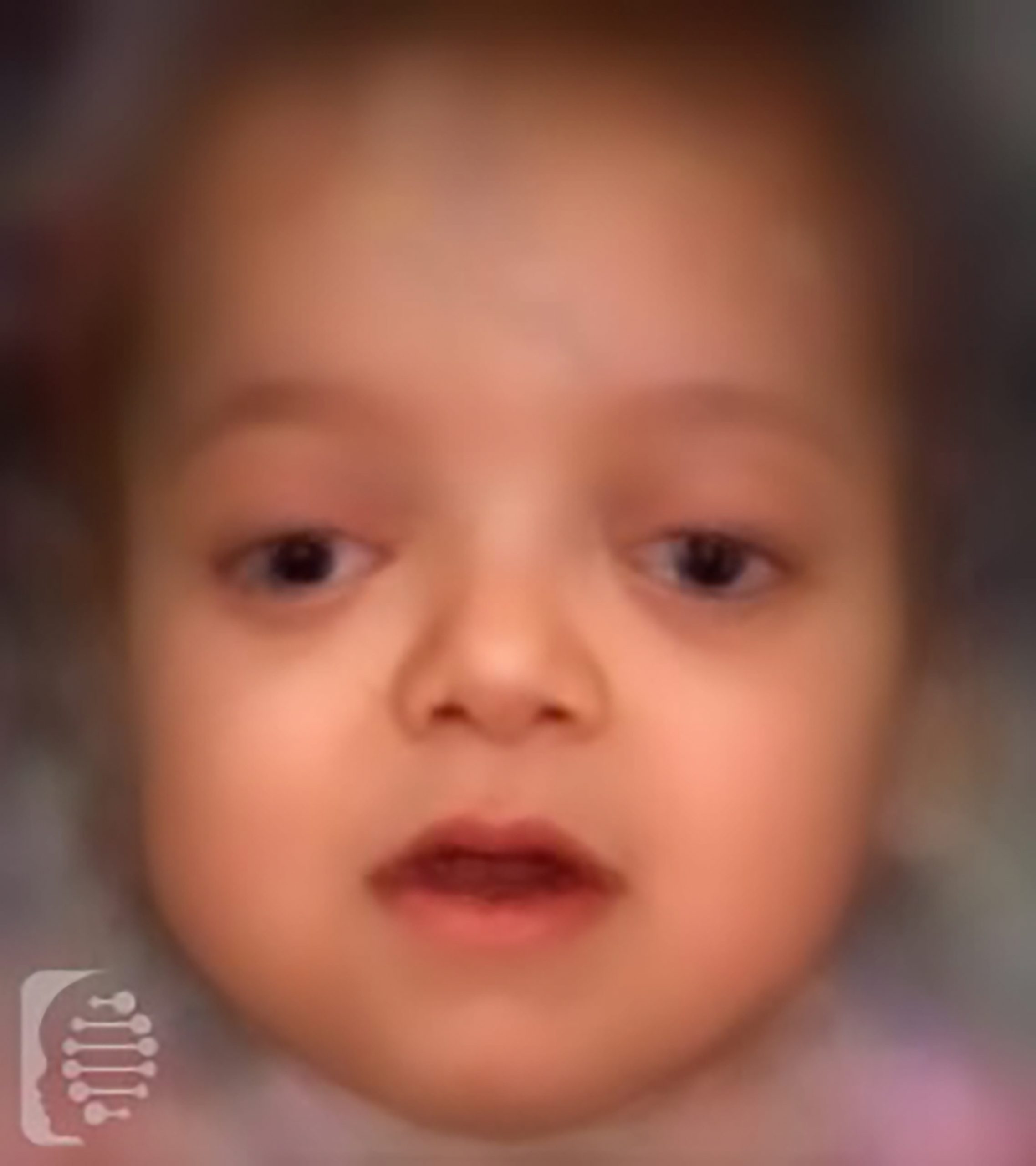Paula and Bobby
Parents of Lillie
Incoordination
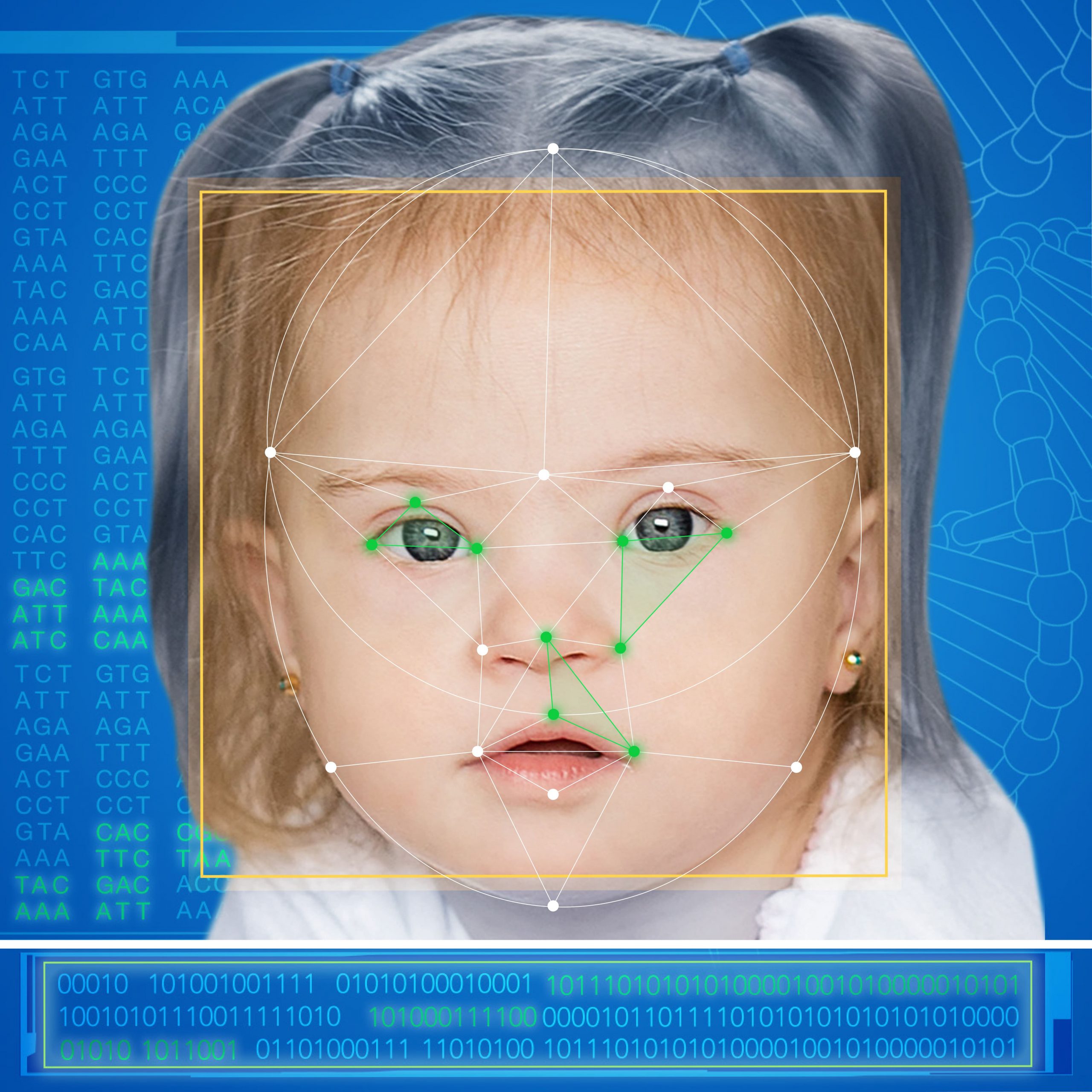
Understanding morphological central nervous system related symptoms and features.
Symptoms may affect multiple parts of the body. Understanding which part of the body a symptom affects, can help us to better understand the potential underlying causes of a symptom, including a rare disease or genetic syndrome.
The nervous system is made up of a network of nerves and cells that carry messages to and from both the brain and the spinal cord. Within the nervous system are the Central nervous system and the Peripheral nervous system.
The brain and spinal cord make up the central nervous system.
Within the peripheral nervous system are the somatic and autonomic nervous systems. The somatic system controls responses to sensory stimuli, while the autonomic nervous system controls the inner workings of organs, including digestion, breathing and the heartbeat.
Sleep is one body function, controlled by the autonomic nervous system, specifically the sympathetic nervous system.
What is incoordination?
Incoordination can include poor coordination, poor hand-eye coordination, functional motor deficit including frequent falls, and clumsiness, or a lack of physical coordination resulting in an abnormal tendency to drop items or bump into objects. Incoordination is the inability to perform, in adequate form, voluntary precise movements.
What should I do next?
In some instances, incoordination may be one of the features of a rare disease or genetic syndrome. In this case fast, targeted genetic analysis can give you a more accurate diagnosis.
Synonyms:
Incoordination, difficulties in coordination, incoordination of limb movements, limb incoordination, lack of coordination, abnormality of coordination, coordination issues
HPO:
0002311
Optional syndromes:
Clarify any concerns you may have and get tested online today!
Schedule Your Online Meeting Now
Synonyms:
Incoordination, difficulties in coordination, incoordination of limb movements, limb incoordination, lack of coordination, abnormality of coordination, coordination issues
HPO:
-
0002311
Optional syndromes:
FDNA™ Health can help you with the diagnostic journey.
Learn about child developmental delays: Causes, Symptoms, and Therapies.
Don't wait years for a diagnosis. Act now and save valuable time.
Explore the most detected symptoms in our system (numbers are global and based on the data from 120 countries):
What is FDNA Health?
With the largest global database and a leading decision-support tool using AI, FDNA™ Health enables patients and their families to better understand symptoms and conditions with the goal of shortening the time to diagnosis.
Benefits of FDNA Health
Save valuable time by
learning about possible conditions
and report to your clinician
Advanced AI technology
and leading worldwide clinicians
shortening time to diagnosis
Looking for answers?
Worried about child development?
We are here to help you!


